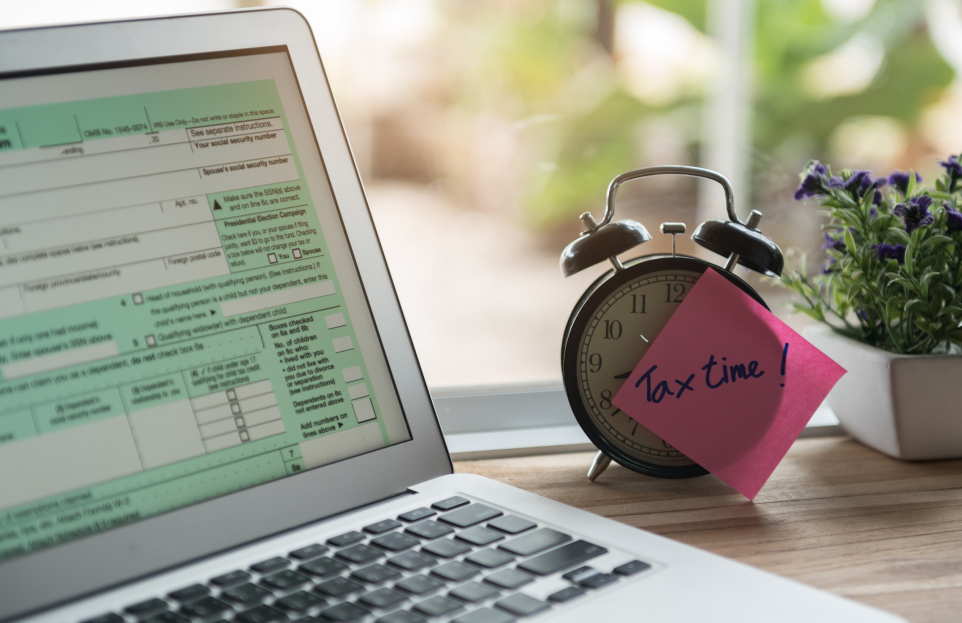Tax Planning & Preparation
Do I have to file a tax return every year?
April 1, 2022

Canada’s 2022 tax deadline is quickly approaching, with Canadians having less than a month left to file their returns.
Since the annual deadline, April 30, falls on a Saturday this year, returns will be accepted up until May 2 or June 15 if you’re self-employed. But with such little time left, you may be wondering if filing your taxes is even necessary.
In this blog, we’ll discuss who is required to file an income tax return, the advantages of filing and some penalties you may be faced with if you file a return late.
Who needs to file an Income Tax Return?
You must file a personal income tax return if any of the following applies:
- You paid tax on income earned during the previous calendar year
- You and your spouse/common-law partner want to split your pension income
- You must repay a portion of your Old Age Security or Employment Insurance (EI) Benefits
- You’re contributing to the Canada Pension Plan (CPP)
- You want to claim the Canada Workers Benefit (CWB), or you received the benefit in the past year
- You or your spouse/common-law partner want to begin or continue receiving the following payments: Canada child benefit (CCB), GST/HST credit and guaranteed income supplement (GIS)
- The Canada Revenue Agency (CRA) has requested you to file
These are just some of the circumstances where you would be required to file a personal income tax return. To view the complete list, visit the Government of Canada’s website.
Advantages of filing
Most Canadians get a refund
One of the biggest reasons people fail to file their taxes is because they’re afraid they’ll end up owing the government money. But this isn’t always the case! Statistics indicate that more than half of people who file an income tax return receive a refund.
In 2021 Canadians received an average tax refund of $1,895 per income tax and benefit return and an average of $6,690 in Canada child benefit (CCB) payments.
Collecting government benefits
If you don’t file or file late, you may miss out on reaping certain federal and provincial benefits as your tax return determines your eligibility for these programs.
These programs include the GST/HST credit, the Ontario Trillium Benefit and the Ontario Child Benefit.
To view the full list of benefit programs in Ontario click here.
The penalties for filing late
To ensure people comply with the expectation of filing their taxes every year, the CRA implements a series of penalties and fines.
If you file late and don’t owe any further tax, it will not result in any fees or penalties. But if you owe money and file after May 2, the CRA will charge you a penalty on the taxes owed.
The late filing penalties are 5 percent on your tax owing plus an additional 1 percent for each full month your return is late, to a maximum of 12 months. However, if this is a reoccurring problem, the CRA can charge a steeper penalty. If you’ve been charged with filing your taxes late within the past 3 years, your penalty may be increased to 10 percent on the balance owing plus an additional 2 percent for each full month the return is late, for a maximum of 20 months.
If you choose not to file and don’t owe any money to the CRA, you could still be affected financially as there will likely be a delay in any government benefits you are expecting.
***
To learn more about filing your tax return- or to authorize DiPaola, Di Pietro, & Little Professional Corporation as your tax representative- give us a call at (905) 680-8669 or request an appointment on our website.



